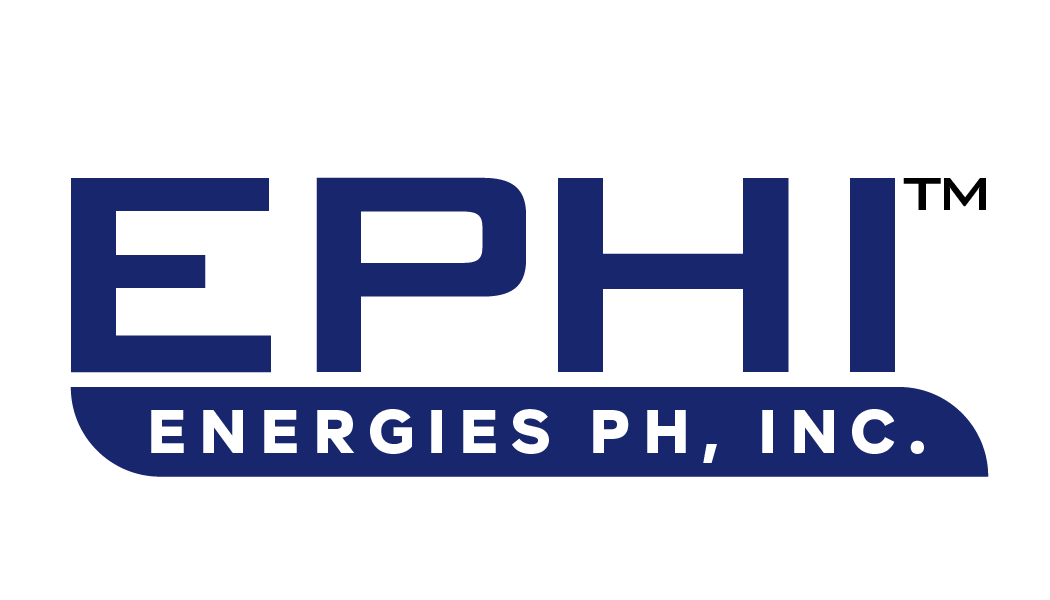Based on the article of Nirinder Singh Johl entitled “ Accelerating sustainable energy transition”.
Building a Better Energy Market
Although strides have been made to improve the energy market, there is still a need to establish a balanced and competitive market that promotes innovation, protects consumers, and achieves our climate objectives. The following are key areas of focus to achieve genuine transformation in the energy market:
1. Empowering the Market through Education and Fair Competition
Building capacity by educating all sectors is crucial. Investing in comprehensive training programs for regulators, utilities, and market participants will enhance their understanding of market dynamics, renewable energy (RE) integration, and advanced grid management techniques.
Ensuring fair competition is equally important. Transparent and clear trading rules must be developed and applied equally to all participants, including monopolistic entities. Ideally, these entities should focus on transmission and distribution, with a fair, performance-based rate of return to incentivize efficiency.
2. Harnessing the Power of Market-Based Instruments
To drive down costs and encourage innovation, we must promote the use of market-based instruments such as virtual power purchase agreements and third-party access for RE procurement. These tools can encourage creativity within the renewable energy marketplace, potentially leading to new models like “storage as a service.”
For developing markets, using unbundled renewable energy certificates (RECs) can significantly expand the market. Instead of directly buying and selling RECs themselves, electricity companies should allow third parties to use their billing systems to bundle these RECs together. This makes it easier for more players to participate in the renewable energy market.
3. Utilities in the Energy Transition: A New Vision
Regulations must be designed to enhance market efficiency and protect consumers’ interests while remaining free from industry and government influence. Governments should demonstrate political will as well as thought leadership on this matter. Most importantly, regulators must not shy away from taking controversial positions because these are often necessary for enabling successful energy transitions.
4. Reimagining the Role of Utilities in the Energy Transition
Utilities have to change from their traditional monopolistic role to enable innovation and foster market development. This encompasses grid modernization investments, facilitation of renewable energy integration, support of distributed generation and adoption of new technologies. Thus, utilities should invest on smart grid technologies and develop standards that make it easier for linking renewable projects to the grid.
5. Protecting Consumers in a Changing Energy Landscape
Consumer protection is essential in the energy transition. This includes ensuring affordable access to electricity, implementing transparent billing practices, and providing clear information about energy usage and costs. Educational programs can enhance consumers’ understanding of energy usage, conservation, and billing, empowering them to make decisions that reduce their energy costs and environmental impact.
6. Aligning Energy Policies with Sustainable Development Goals
Safeguarding consumer interests is crucial during the energy transition. This entails making sure that power is accessible at a reasonable price, putting in place honest billing procedures, and giving consumers clear information regarding the prices and consumption of energy. Consumers can make decisions that lower their energy expenses and lessen their impact on the environment by participating in educational programs that improve their awareness of energy usage, conservation, and billing.
A Call to Action
In the ASEAN region, the energy transition brings along both challenges and opportunities. When we focus on these key areas like capacity building, fair competition, consumer protection and sustainable development, then we can create a more competitive, efficient and fair electricity market.
This means that everyone must work together in order to successfully navigate this transition. Governments, regulators, utilities, private sector participants and consumers each have a key part in shaping our energy future. If we foster cooperation with all stakeholders and embrace these changes, it is possible for us to develop an energy system that is cleaner, more efficient, just and able to withstand shocks. Therefore, the time has come for us to act as soon as possible so as not lose this opportunity of creating a sustainable energy future for the ASEAN region and beyond.
Read more here: https://www.thestar.com.my/business/insight/2024/07/11/accelerating-sustainable-energy-transition
Understanding Renewable Energy Certificates (RECs)
serve as validation for the generation of Renewable Energy. Essentially, they represent the environmental benefits associated with Renewable Energy production, such as the reduction of greenhouse gas emissions.
Functionality of RECs
RECs function independently from the actual electricity generated. When renewable energy is produced and introduced into the power grid, RECs are issued to account for the environmental attributes of that energy. These certificates can then be purchased separately from the electricity itself.
Significance of RECs
RECs play a crucial role in supporting Renewable Energy projects. By purchasing RECs, individuals and businesses demonstrate their commitment to sustainable practices and contribute to the growth and development of Renewable Energy infrastructure. This financial support helps drive the transition towards cleaner energy sources on a broader scale.
Read more here: https://
